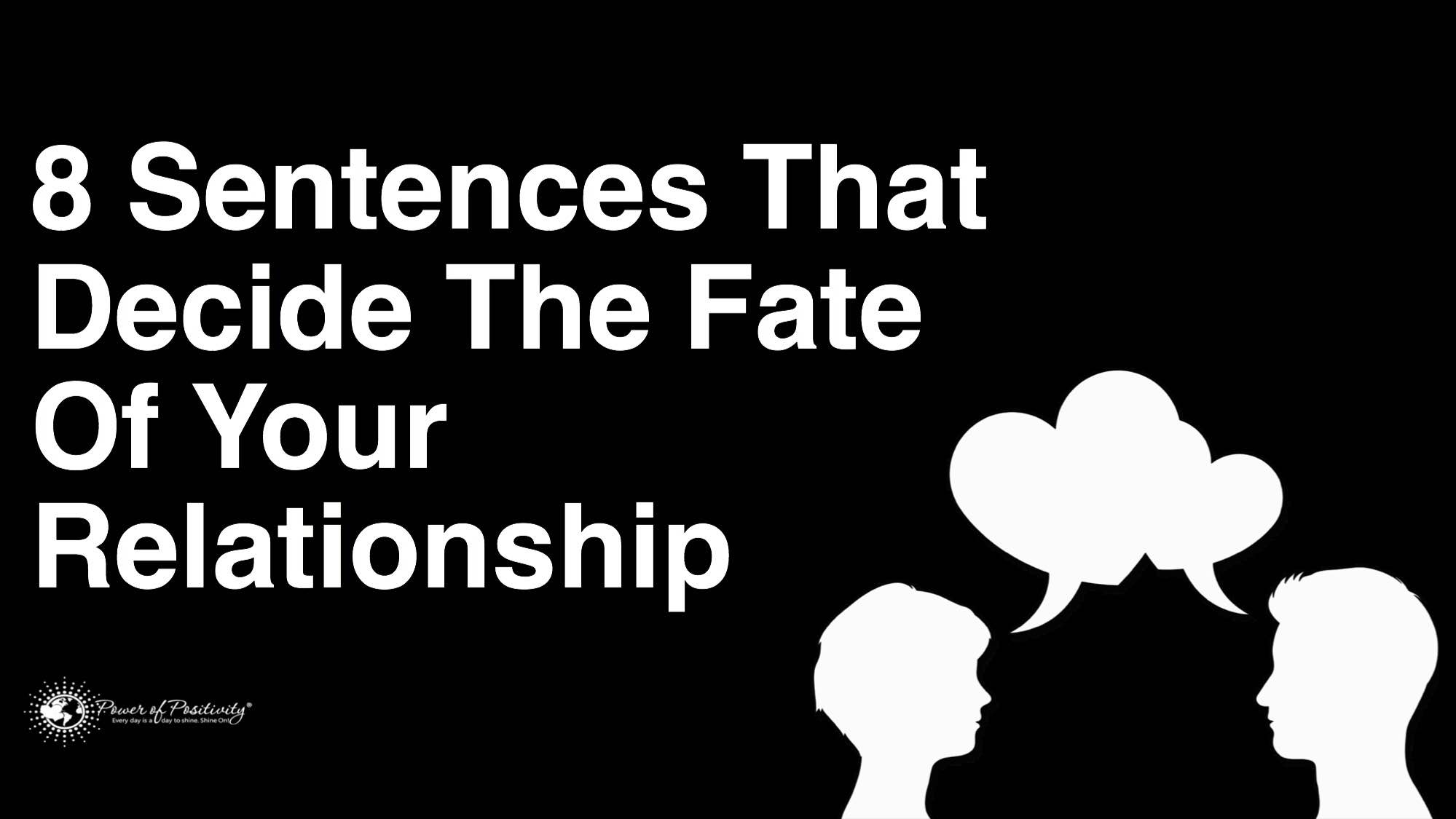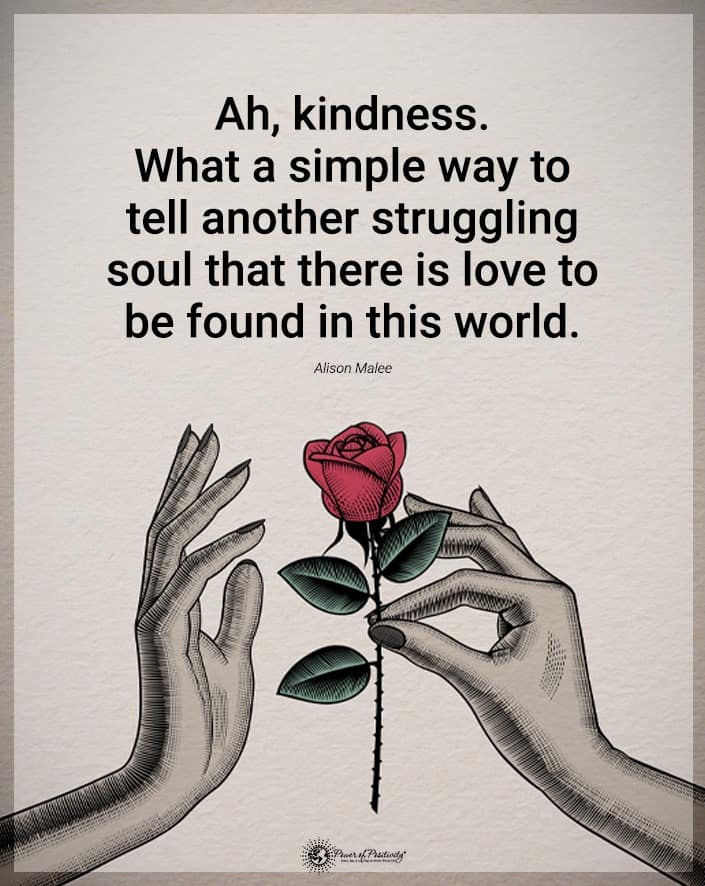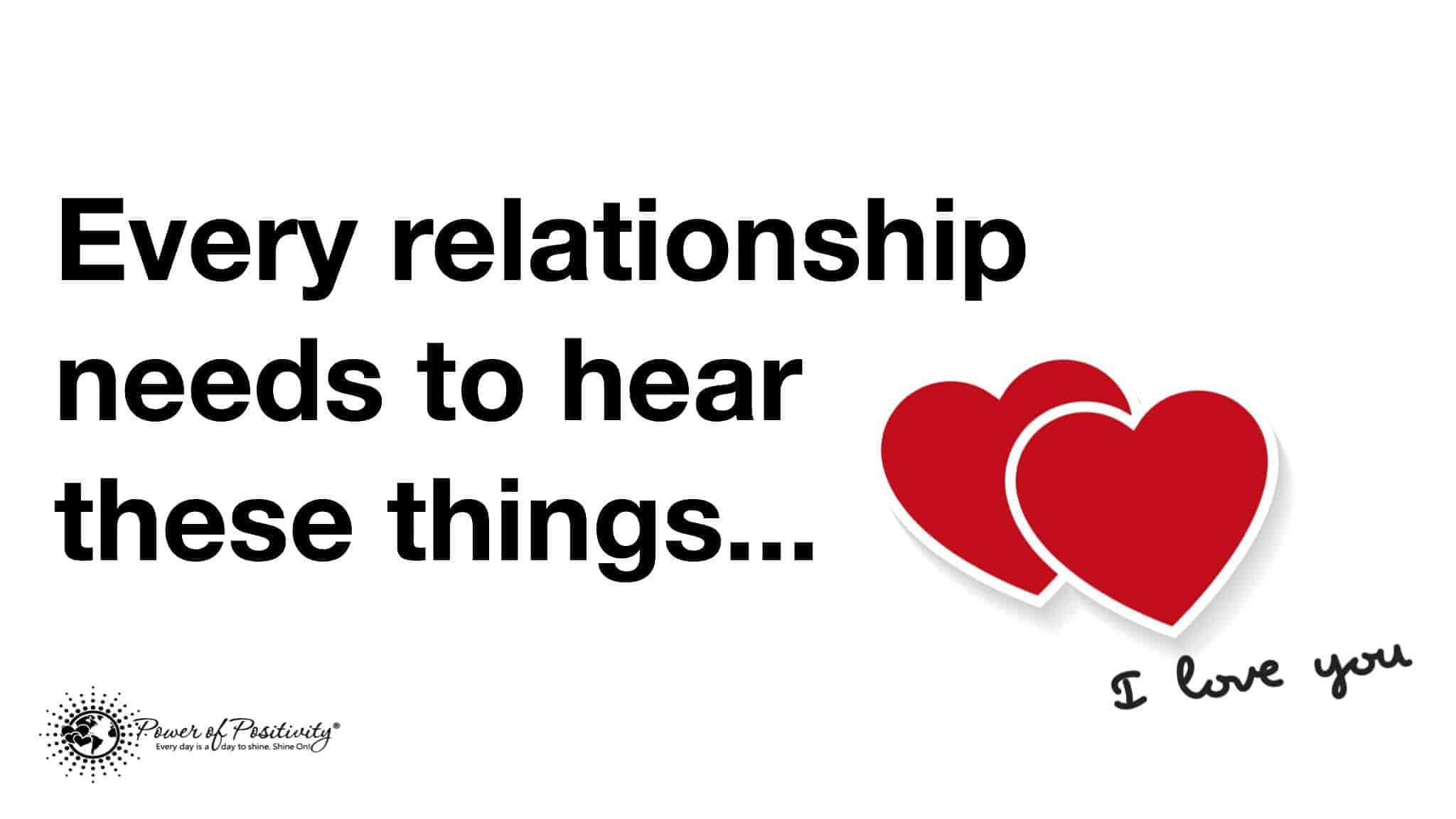Communication is so important that it can make or break the course of your relationship. Our words can be powerfully hurtful or helpful in a relationship, but we have the choice how to speak to our partner.
Let’s look at eight different phases that could send your relationship on a collision course, and then 9 ways to communicate more lovingly. Keep in mind that you always have a choice to communicate with kindness.
8 Sentences That Decide The Fate Of Your Relationship
1. I don’t want to talk about it vs. Let’s talk later
Avoiding conflict by shutting down a discussion is selfish. Your partner has a right to their opinion and so do you. If emotions are high, it’s a great time to wait to talk though.
2. I don’t care what you do vs. It’s important for us to decide what we do together.
If you truly didn’t care about your partner’s behavior, you likely wouldn’t be saying this phrase that can decide the course of your relationship. Of course you care. In fact, you probably dislike what your partner is doing but you were afraid to say that.
3. If you ever ___, I will leave you vs. That behavior is unacceptable to me.
Handling conflict by saying this threatening phrase is an aggressive tactic. An argument is just an argument. There’s no reason to threaten to break up with someone over a difference of opinion unless this is a crucial issue to your belief system.
If you truly dislike what your partner did, you can set a relationship boundary without it being an ultimatum of ‘If you ever yell at me again I’m leaving.’ Instead try ‘This is very important to me. I need you to lower your voice when you speak to me.’
4. You never/always vs. I prefer that you wouldn’t do that (specific behavior).
Anytime you say ‘you always’ or ‘You never’ you are exaggerating the truth. The truth is probably that your partner has acted that way several times before, and each time you disliked it. And you said nothing.
You can’t blame your partner for not mind-reading. If it bothered you 2 years ago when your partner first did it, there’s no point blaming them for not knowing that it bothered you until now.
You are responsible for setting your own boundaries. If something bothers you, do not bring up a list of other things that bothered you. Give your partner the respect of pointing out how their behavior, this ONE specific time, wasn’t really how you would prefer them to act in the future in this same situation.
5. You’re always coming up with crazy ideas vs. I’ll support you
The classic 1938 movie Holiday was on the other night with Carey Grant and Katherine Hepburn. But Carey Grant almost ends up with Doris Nolan, who played Ms. Hepburn’s sister in the film. The only difference was that Katherine Hepburn supported Carey Grant’s crazy dreams and Doris didn’t.
You don’t have to love all of your partner’s ideas, especially if they are costly, but you can find a way to be positive and curious rather than negative and immediately dismissive of their ideas.
6. Why do you do that? Vs. I want to connect with you and understand you more deeply.
In a study of 189 people in romantic relationships and how they handle arguments, they found that people who were focused on becoming closer to their partner were ‘more likely to engage in open discussion and compromise, show concern for their partner, and seek social support, whereas they were less likely to deny or ignore the conflict. They were also more likely to successfully resolve the conflict (e.g., maintain the relationship).’
When there is an argument, there is usually a difference of opinion. If you approach your partner with an attitude of wanting to understand their view so that you can become closer to them as a person, the researchers show that you will be better at staying together.
7. You’re just like my ex Vs. I dislike your behavior
No one wants to be compared to an ex-lover. Treat your partner like a unique individual with their own quirks, because they are. You can dislike the behavior and say so, without mentioning a relationship with an ex.
8. I’ll love you if you ___ Vs. I love you just for who you are
Conditional love is the opposite of unconditional love. You put conditions on your relationship when you say ‘I’ll love you if ___.’ The use of conditional love is like treating your partner like a dog that will be rewarded with your love if they do the trick that you asked them to do.



















